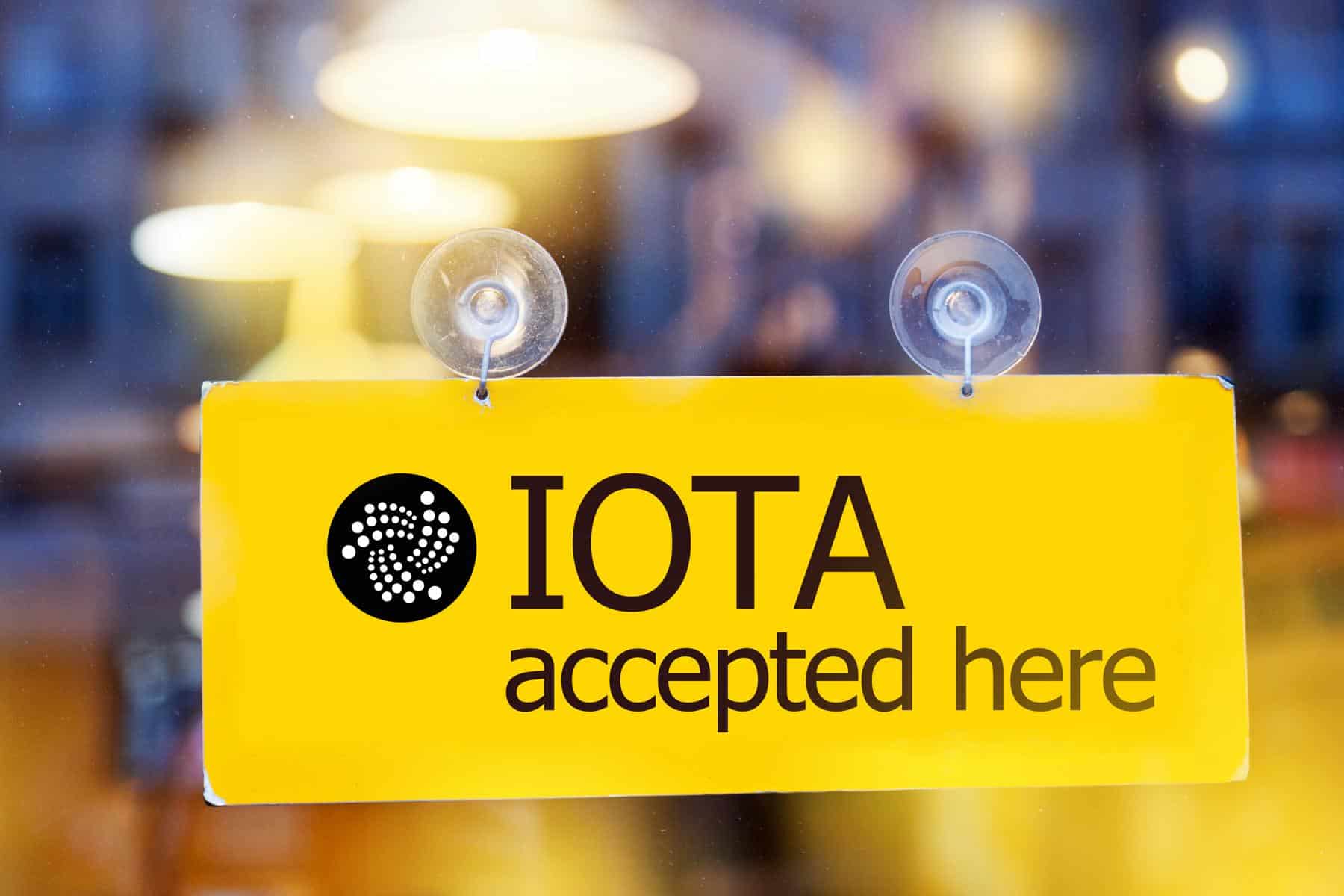
- By leveraging IOTA’s distributed ledger technology, TLIP aims to reduce costs, enhance efficiency, and mitigate risks across various sectors, promising a democratized future for trade finance.
- TLIP’s innovative features, including tokenization, risk engine capabilities, and document authentication, align with the goals of MLETR to streamline the digital transfer of ownership documents in trade finance.
In the latest step to further revolutionize the trade finance ecosystem, IOTA’s TLIP integration with MLETR seeks to explore key advancements in this ecosystem. By diminishing dependence on intermediaries and harnessing the secure, transparent transactions enabled by IOTA’s distributed ledger technology, TLIP stands ready to lower costs, enhance efficiency, and mitigate risk across various sectors, as reported by Crypto News Flash.
As the platform progresses toward incorporating advanced features such as tokenization, the trade finance sector anticipates a digitalized and democratized future.
In global commerce, trade finance plays a pivotal role, facilitating transactions among buyers and sellers across diverse regions. Particularly in sectors like maritime shipping, trade finance mechanisms are vital due to the significant time gap between shipment and payment, which escalates risk for sellers. Traditionally, banks have been key players in mitigating this risk by providing letters of credit, ensuring payment and assuming associated risks for a fee.
Letters of credit are just one component of trade finance, alongside documents like Bills of Lading and Commercial Invoices. While these documents aim to minimize financial risk, they often encounter delays, errors, and fraud.
In this context, TLIP emerges as a solution aiming to modernize trade finance processes. By digitizing relevant documents and serving as a risk engine, TLIP seeks to streamline trade operations while ensuring immutable trust by sourcing trade data directly from its origin.
💼🌐 #TradeFinance powers global economy, crucial in maritime shipping for bridging shipment-payment gap. 🛳️ The hitch? Key trade finance docs often face delays, errors and fraud due to paper-based processes.
📈💡 Read our latest blog post to discover how TLIP can support trade…
— Trade and Logistics Information Pipeline (@TLIP_io) May 6, 2024
Digitising Trade Finance Documents and TLIP’s Role
The Model Law on Electronic Transferable Records (MLETR), endorsed by the United Nations Commission on International Trade Law (UNCITRAL), streamlines the digital transfer of ownership documents. MLETR enables the digital acknowledgment of ownership transfer, facilitating the digitization of essential trade finance documents such as Bills of Lading (BLs) and Commercial Invoices (CIs).
This shift not only enhances operational efficiency but also diminishes reliance on physical documents, which are susceptible to loss and fraudulent activities.
TLIP is poised to capitalize on MLETR opportunities through its innovative features:
- Tokenisation: TLIP 2.0 will enable document tokenisation, aligning with MLETR’s singularity principle. This process binds a digital token to electronic records like Bills of Lading, ensuring secure and efficient transfer while preventing duplication.
- Risk Engine: TLIP serves as a robust risk engine by leveraging comprehensive trade interaction data to assess document and transaction legitimacy, per the Crypto News Flash report. Capital providers can use this information to determine finance levels accurately, enhancing trade finance efficiency.
- Document Authentication: TLIP safeguards against counterfeit goods by granting access to authenticating documents, such as Phytosanitary Certificates. This reduces the risk of fraudulent transactions, offering authoritative assurance of document legitimacy and associated goods.














































































Be the first to comment